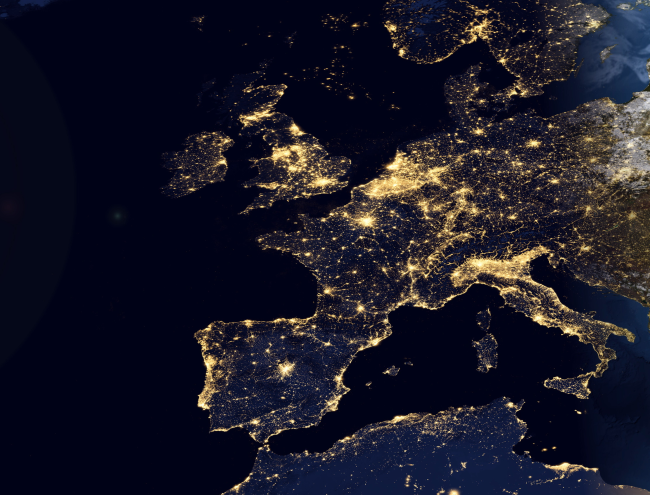2020 And Beyond: 2050 in light of the Copenhagen Accord

At the end of the Copenhagen Conference of December 2009, the attending parties failed to agree on a legally binding commitment, but ultimately signed the Copenhagen Accord. The countries signing this accord took different engagements in respect to their economic and emissions status.
The developed countries stated their targets in the Annex 1, where a specific emissions reduction is planned by 2020 based on a specific year. Non-annex 1 countries, developing nations, stated their emissions targets in different terms, usually in terms of a reduction versus business as usual or a reduction in carbon intensity. Through simple calculations, this paper seeks to illustrate what these targets represent concretely, in the same unit of CO2 emissions. By looking at the entirety of the Annex 1 countries, in addition to the major emitters of non-Annex 1 countries, China and India, this paper will project emissions to 2020 and 2050 and discuss their relevance to the goal of 450 ppm....
Read full text – 2020 And Beyond: 2050 in light of the Copenhagen Accord

Available in:
Regions and themes
ISBN / ISSN
Share
Related centers and programs
Discover our other research centers and programsFind out more
Discover all our analysesBrazil One Year Away from the October 2026 General Elections
Brazil’s general elections will be held on October 4, 2026, to elect the president, vice-president, members of the National Congress, governors, deputy governors and state legislative assemblies. For the presidential and gubernatorial elections, a second round will be held on October 25 if no candidate obtains a majority of the votes in the first round.
COP30: An Inflection Point for Climate Action and Governance
The 30th Conference of the Parties (COP30), opening in Belém, Brazil, on November 10th 2025, convenes at a perilous moment.
The Strategic Dimension of Skills in the Clean Industrial Deal
In the competitiveness and energy transition battles, the European Union (EU) must master a determinant factor: skills.
The Energy Transition Faces Geopolitical Challenges. How Can Ideological Divides Be Overcome?
President Trump’s positions and policies, combined with record coal consumption and booming global electricity demand, geo-economic confrontation, and widespread concerns about energy security, are changing the game when it comes to understanding realistic decarbonization trajectories. The war in Europe is intensifying competition between defense and transition budgets. This is also the case elsewhere in the world.









